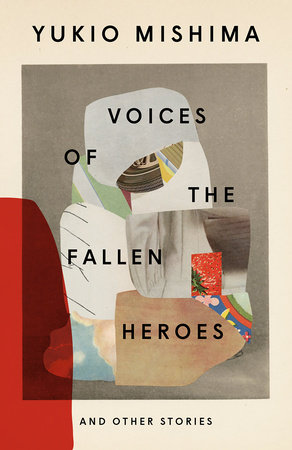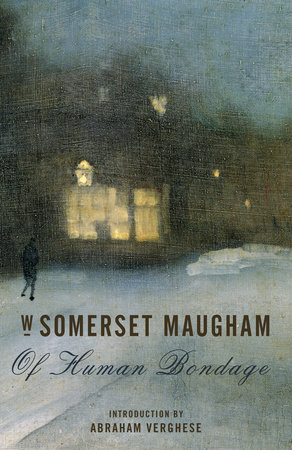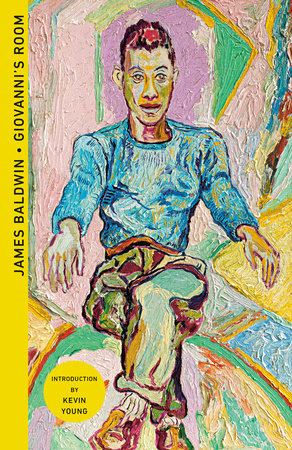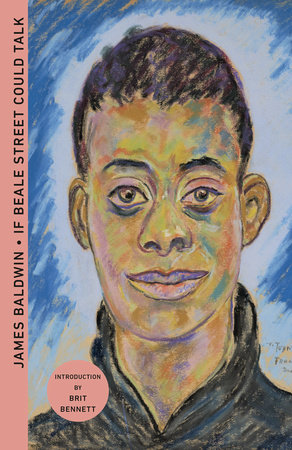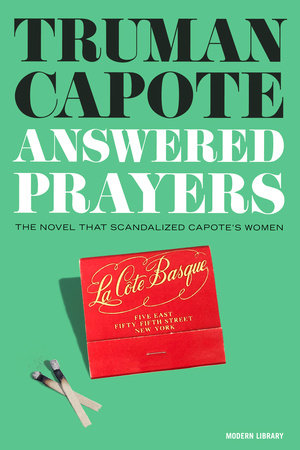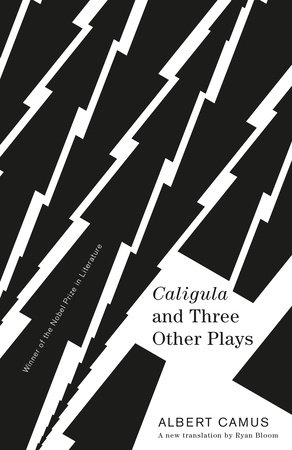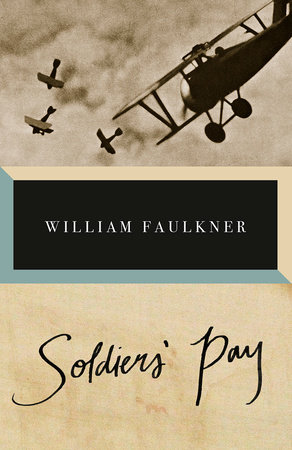
Soldiers' Pay
William Faulkner
Paperback
August 15, 2023 | ISBN 9780593470961
AmazonBarnes & NobleBooks A MillionBookshop.orgHudson BooksellersPowell'sTargetWalmart
Ebook
August 15, 2023 | ISBN 9780593470978
AmazonApple BooksBarnes & NobleBooks A MillionGoogle Play StoreKobo
About the Book
A wounded veteran's homecoming is at the center of Faulkner's first novel. Badly scarred in body and mind, and unable to remember much, Donald Mahon is brought home at the end of the World War I by a fellow soldier and a young war widow they befriend on the train. Mahon's arrival is a shock to his hometown, however, for he had long since been reported dead. His flighty young fiancee is caught between her revulsion at his condition and her sense of duty, while Mahon's father greets his unexpected survival first with joy and then with a determined denial of what his grievous injuries mean. As events unfold, alliances are formed and broken, sacrifices are made, and Faulkner deftly invests his heartbreaking tale with some of the deeper themes that would come to mark his later masterpieces.




